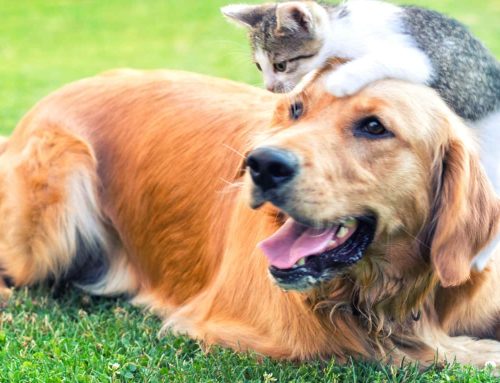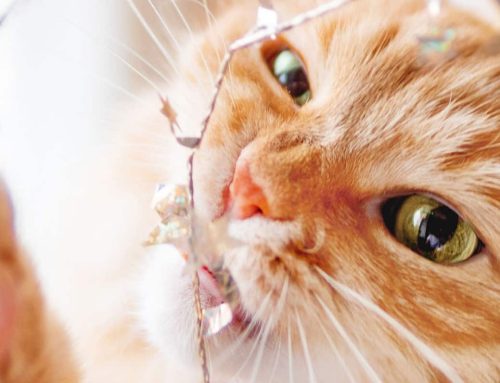Bunnies are cute and cuddly creatures, but require specific care. During the Easter holidays, there is a historical increase in sales and adoption of rabbits. However, many of them end up abandoned or uncared for. It’s important to realise that rabbits have a lifespan of about 10 years or more. They also require the same amount of care as any other pet. As such, before taking one home, potential pet owners needs to understand the commitment it involves.
Below is a list of must-know things about rabbits:
- They are natural prey for the animal world, which makes them extra sensitive. They generally do not like being picked up — human hands are not unlike talons of birds of prey in the wild.
- Just like cats and dogs, they have veterinary needs. These include being spayed or neutered, vaccinations, professional nail trimming and annual check-ups.
- When taking home a new rabbit, you need to cover the basics. It will need space for sleep with bedding such as straw, hay or shredded paper. It will also need a water bowl, food dish, litter tray and toys.
- They need room to play and hop around. Rabbits are not meant to be kept in cages. On the other hand, if you let them roam free in your home, they may end up chewing wires, children’s toys or carpets. So, if you are keeping them indoors, make sure you rabbit-proof the ara.
- It would be ideal to give your rabbit access to an outdoor area for exercise and mental stimulation – they are naturally outdoor animals. You may want to buy a hutch with an exercise run with tunnels, ramps, climbing objects and hidey holes.
- Hay and grass should consist 80% of your pet rabbit’s diet. Hay has the necessary fibre to wear down your pet’s teeth. You can start introducing vegetables slowly when they are over 12 weeks old. Pellets should only be between 5% to 0% of their diet.
- Rabbits are social animals and are often happiest when they are with other rabbits. They form powerful bonds with a mate, but it is highly recommended that they be desexed before matching to avoid breeding or fighting. It takes time and patience for them to bond, but once they do it is for life. The loss of their partner can cause depression, emotional trauma and illness.
Rabbits make excellent pets. They can be affectionate and are trainable. However, having one requires commitment.



